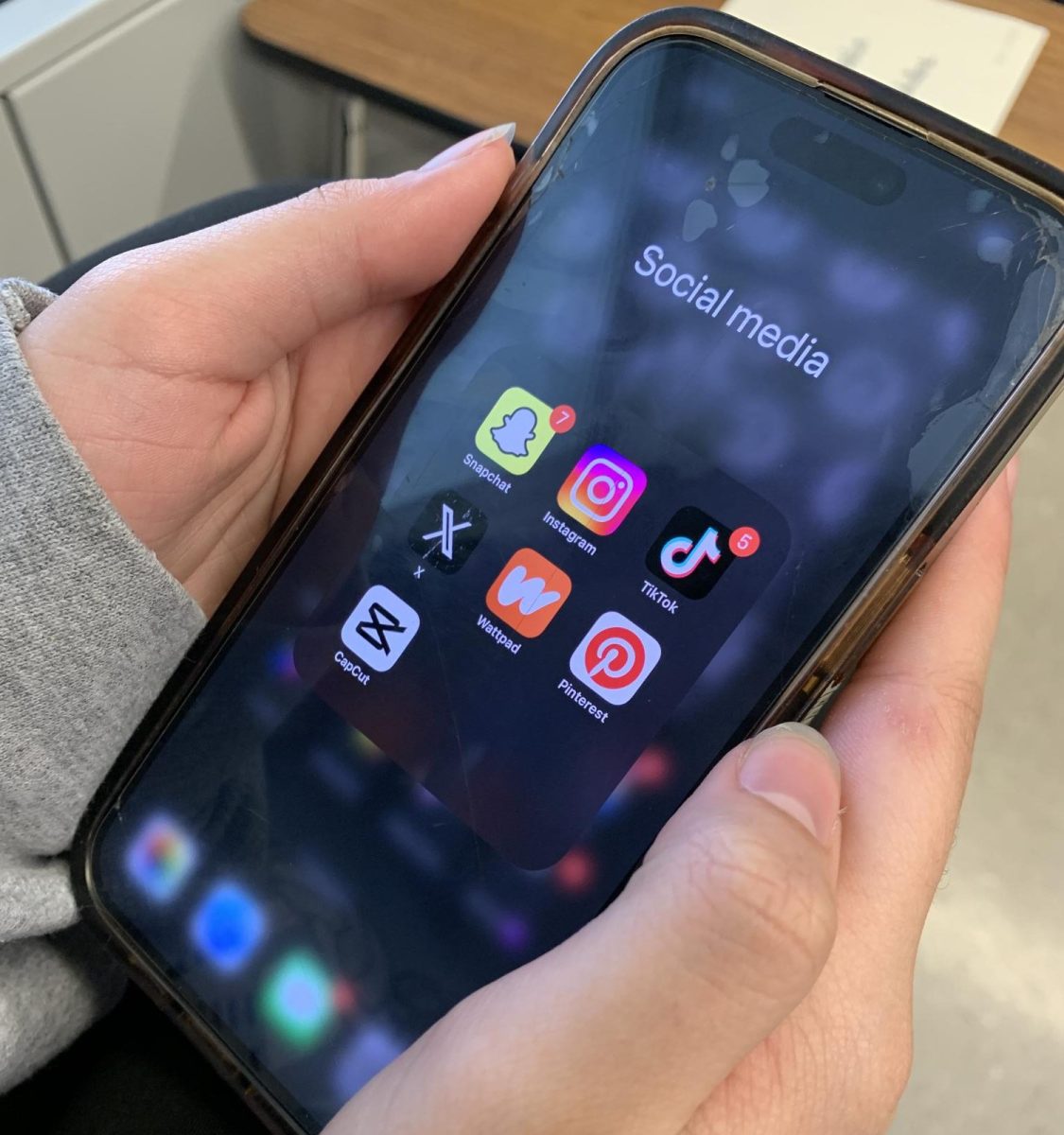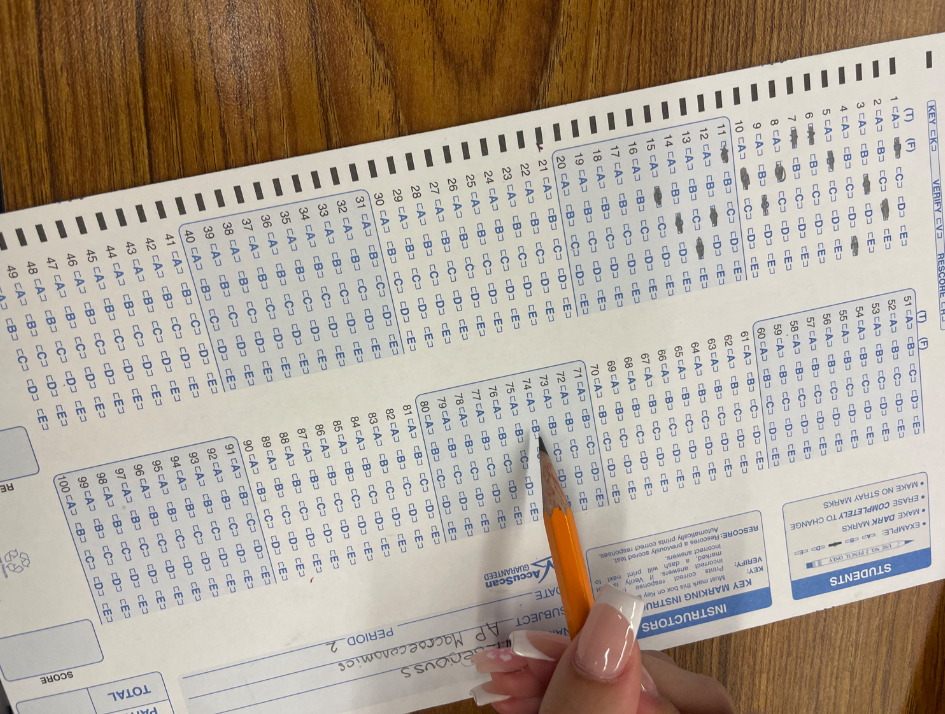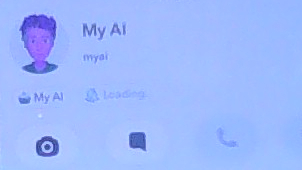
During the years of adolescence, teenagers are most exposed to mental illness due to high amounts of stress. In fact, 1 out of 5 children ages 13-18 live with a mental health condition.
A lot of people neglect the fact that middle school students between the ages of 10-13 also suffer from mental health issues. In a survey conducted with 103 people via Google Forms, 67% of participants said that middle schoolers have a less than average access to help with mental health than high schoolers. Why do so many people feel that middle schoolers have little to no access to help with mental issues? Perhaps this could be because they’ve had negative experiences themselves.
“They could be more understanding of the idea that mental health days should be excused. Students shouldn’t have to come to school with their head messed up. They can’t focus on school work. Their grades drop because of this, and it’s hard to explain to people as to why these things are happening,” says Syeda Manal, a student at Madison Jr. Middle School.
Still standing is the question that could potentially be the difference for many counselors, and students alike. What could they do better? In the beginning of the school year, high school counselors call down students to get to know the students, form a connection with the students, and to help with scheduling. Unlike high school counselors, middle school counselors do not take this step in forming a connection with their students. In contrast, students overlook their counselors and never get to utilize them, as they simply believe their job is only for scheduling.
Suicide is the tenth leading cause of death in the United States. But among adolescents suicide is the second leading cause of death. But how exactly can we prevent suicide when the signs go unnoticed? Schools provide presentations on mental health and how to look for the telltale symptoms of someone who is suffering from a mental health disorder. But more often than not, these presentations are given by someone who does not sympathize with the students. Consequently, some students may not take this information seriously and lose interest. In a recent survey, participants were asked how schools can help better spread suicide prevention awareness and the results are opposite of what schools currently do.
Such as, just by being more open-minded, when a student is having an off day with their mood and is just sitting in class and can’t do their work, be more thoughtful and understanding about it. Focus more on depression, not just suicide. More people deal with depression rather than just thoughts of suicide. I believe many people have depression, but don’t realize it because they always associate it with being completely suicidal. By discussing the reality of it, and not trying to sugar anything.
Those “stop bullying!” signs don’t prevent anything. Teachers should know the signs of depression so that they are able to know what to do if a student were to ever have an episode. Make it aware of an issue not as a bored choice. The school system treats it as if people just decide spontaneously to kill or harm themselves out of boredom or loneliness. It’s more often than not due to a continuous issue.
When speaking to Colonia High School guidance counselor Ann Dinicola, she had a lot of words to shed light on this sensitive topic.
“I have dealt with suicide a few times. As a counselor, the trick to knowing how a student is feeling about it is asking the next question. ‘Have you thought about it?’. Guidance is supposed to assess. Hear, ask and listen. You have to ask the person so that they can tell you what they need. If you don’t ask, they won’t tell. There is nothing more important to me, than that child. When I am aware a student is suicidal, they will not be left alone, they will continually have someone with them. If the parents take an hour to get here, someone will sit with the kid for an hour. “
Some parents have taken the initiative to help their children who are suffering from mental health issues. One way they take action is allowing their children to take days off of school to help better mental health. This concept would be the same as taking off for a physical sick day. However, schools do not allow excused absences specifically for “mental health days.” Due to the fact that you cannot acquire a doctors note for a day off due to mental health. In the survey previously mentioned, 80.6% of participants said that schools should have at least 3 excused days off for mental health.
Although people speak of depression, and suicide prevention, most students do not reach out. Students that never reach out for help, never receive it. Often a mix of feelings contributes to the overall mood of a student. Some students may feel guilt or even embarrassment for feeling the way they do. This often prevents students from asking for the help they may truly need access to. In addition to the student, occasionally some parents do not believe depression or anxiety are real. In unfortunate situations, parents do not allow their child to visit therapist outside of school.
A school environment is a place many kids encounter every day, six long hours of comprehending, socializing and critical thinking. The brain is responsible for all of these daily activities. Unfortunately, when a students mind is not in the right place it shows. It becomes difficult and occasionally even alarming. Guidance counselors, teachers and parents all play important roles in a child’s emotional well being, and if something is not okay no one should feel afraid to address it.













